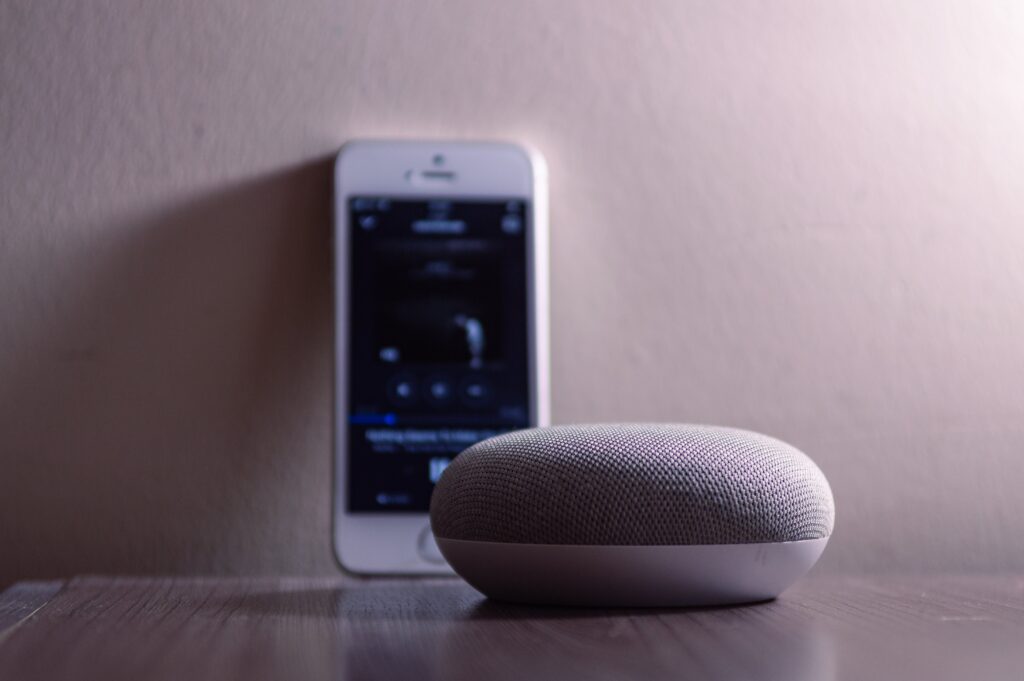
Your phone may eavesdrop without your consent, utilizing virtual assistant features to process commands or tailor advertisements based on recent conversations.
Why does my phone eavesdrop on me?
Upon activating a virtual assistant, it must capture your speech to function effectively. This mirrors search engine operations, which monitor queries to grasp the context and enhance responses.
Similarly, these tools employ your data to tailor advertisements to your preferences. Enhanced targeting precision renders the audience more valuable to advertisers. Should a phone intercept casual conversations, the data pool for advertisers would expand markedly.
Should you shield your phone’s camera and microphone?
Your phone camera may have been compromised, but it’s more probable that an app has access to it unbeknownst to you. The key concern is the ethical use of this access and the collected data by the app developer.
Ideally, avoid granting such permissions. Nonetheless, covering your camera lens presents no harm beyond the minor nuisance of removing it to capture photos or videos. Prioritize your privacy and cover it. Microphone coverage is also possible with tape, though it poses a greater inconvenience for call functionality.
Determining Whether Your Phone is Eavesdropping
1. Select a topic.
Select a subject entirely unconnected to your personal experience. It must be a topic your phone and devices lack data on, one you haven’t previously explored via search engines.
To avoid accidental bias, ensure your chosen subject bears no relation to your profession, interests, or character traits. For instance, if you’ve never driven nor plan to, automobiles might be an appropriate subject.
2. Develop insightful commentary on this subject.
When discussing cars with friends, you might mention “car sales,” “dealerships,” or “local vehicles.”
3. Discuss the topic aloud near your phone.
Discuss this subject aloud, either solo or with another person, over consecutive days, ensuring your phone is within earshot. Meanwhile, refrain from researching the topic through any means.
4. Verify the appearance of advertisements.
Verify the presence of topic-related advertisements on websites and social media platforms after a while.
Is it legal to eavesdrop on me without my consent?
Your phone is permitted to listen to you if you have consented to apps or services that require voice input to operate. For instance, by using Amazon Echo, you implicitly authorize Alexa to listen and respond to your commands.
However, it is unlawful for any app or service to eavesdrop without your consent. Hence, it’s crucial to scrutinize the permissions you grant to an app and comprehend its recording management. Pay attention to details, such as a request for microphone access, and consider whether it is necessary.
Prevent Your Phone from Eavesdropping on You (iOS & Android)
1. Turn off your phone’s voice assistant.
Many phones feature a voice assistant that enables voice control. If privacy concerns arise, it is prudent to deactivate this function.
To turn off Siri (only on iOS), go to your Settings. Tap Siri & Search. Toggle off Listen for “Hey Siri” and Press the Side Button for Siri. When you see a prompt, tap Turn Off Siri.
Turn off Google Assistant (Android) by opening the Google app. Tap your profile picture. Tap Settings > Google Assistant. Tap General. search for Google Assistant. Tap TURN OFF.
2. Disable your phone’s microphone.
Disable microphone permissions for applications on your iOS or Android device.
Android
Navigate to the Settings application on your device. Select “Security and Privacy” followed by “Privacy” and then “Permission Manager.” Find and tap on the “Microphone” option. Look through the list of applications and decide which ones you no longer want to grant microphone access to. Select the application you’ve decided upon, then tap on the “Don’t allow” button.
iOS
Go to the Settings application on your iOS device. Select the Privacy option, followed by tapping on the Microphone section. Scroll through the list of applications and identify the ones for which you wish to revoke microphone access. Toggle the respective switch to the ‘off‘ position to cease microphone access for these applications.
Smartphone Privacy Protection Tips
1. Utilize reliable virtual assistant applications.
Virtual assistant apps offer numerous convenient features such as weather updates and initiating phone calls, but they may be susceptible to hacking and voice command exploitation.
Before downloading a third-party virtual assistant, check if your phone includes a native option, such as Samsung’s Bixby, which is standard on most new Samsung devices. Should you opt for an alternative assistant, ensure its legitimacy by downloading it exclusively from your phone’s official app store.
2. Evaluate application permissions.
A study examining the prevalence of permission requests by iOS apps found that 55% solicited camera access, surpassed only by demands for photo library entry. While these requests frequently facilitate profile picture uploads, they are generally superfluous thereafter; nonetheless, users tend to retain these authorizations. It is prudent to understand the permissions you grant to any app you download.
3. Regularly update your apps and phone.
Attackers relentlessly exploit vulnerabilities in applications and devices. Voice assistants harbor numerous overlooked weaknesses, susceptible to impersonation or unauthorized command execution via radio waves. To safeguard data and devices, it is prudent to consistently update software and phones, thereby mitigating these security risks.
Create proxy object 3Ds max
FAQ: Preventing Your Phone from Eavesdropping
Does the government actually monitor your telephone conversations?
The U.S. government likely doesn't monitor your phone conversations directly; however, they employ sophisticated computer systems to transcribe calls and scan for keywords indicative of potential threats, given their advanced telephonic and signals intelligence infrastructure.
What are the potential ways through which your smartphone camera could be compromised?
Cyber attackers can compromise your phone camera using an advanced hacking strategy known as camfecting. These digital infiltrators cunningly entice the unsuspecting victim into downloading an application that harbors a meticulously concealed Trojan. This stealthy malware provides the attackers with the ability to remotely infiltrate and seize complete control over your camera. Consequently, they can surreptitiously capture images and videos without the victim's realization or consent.

